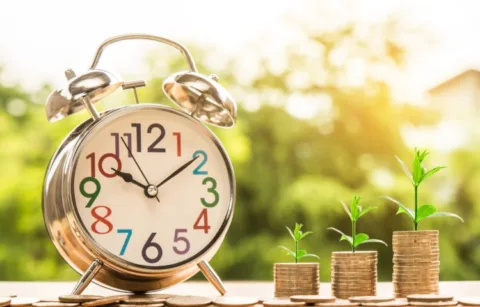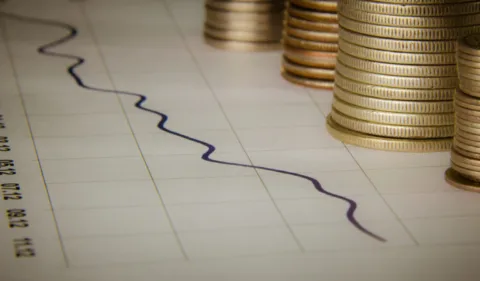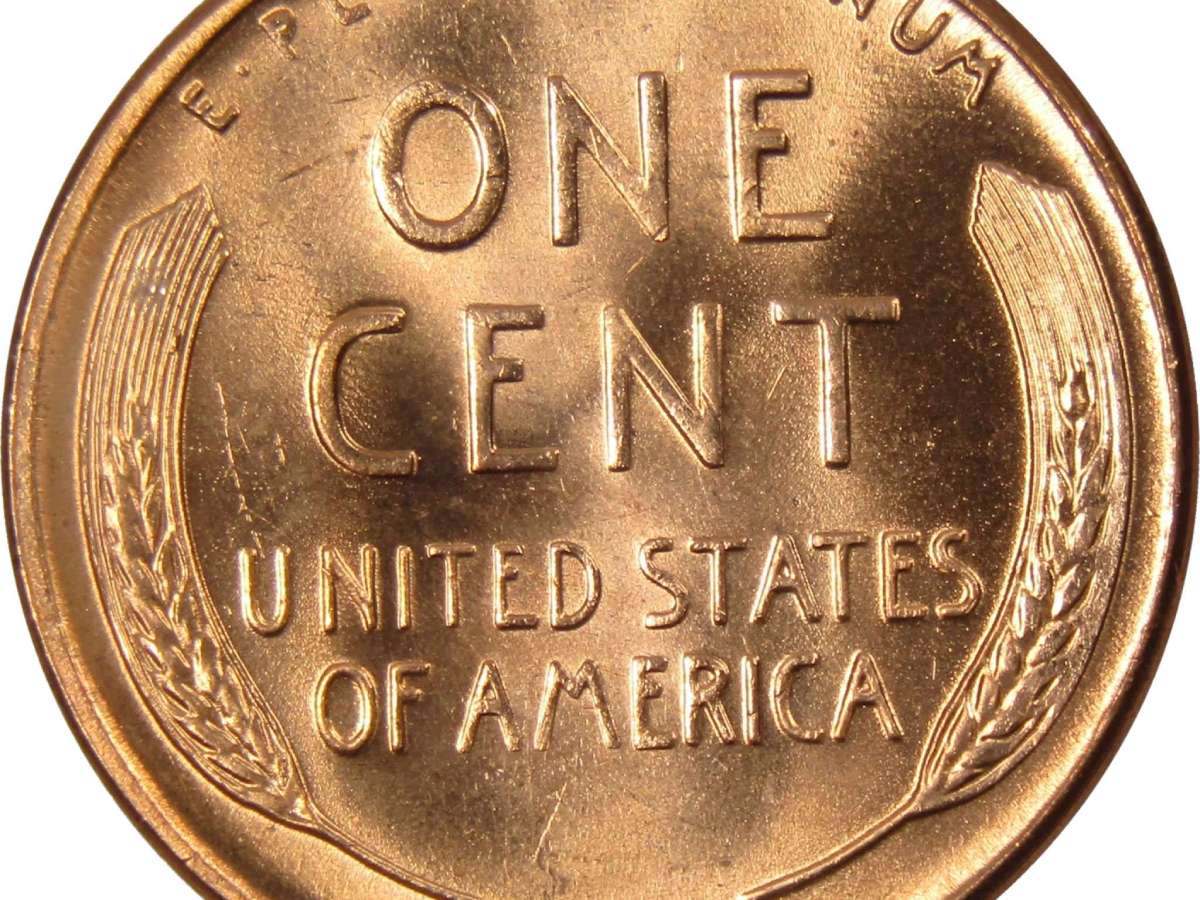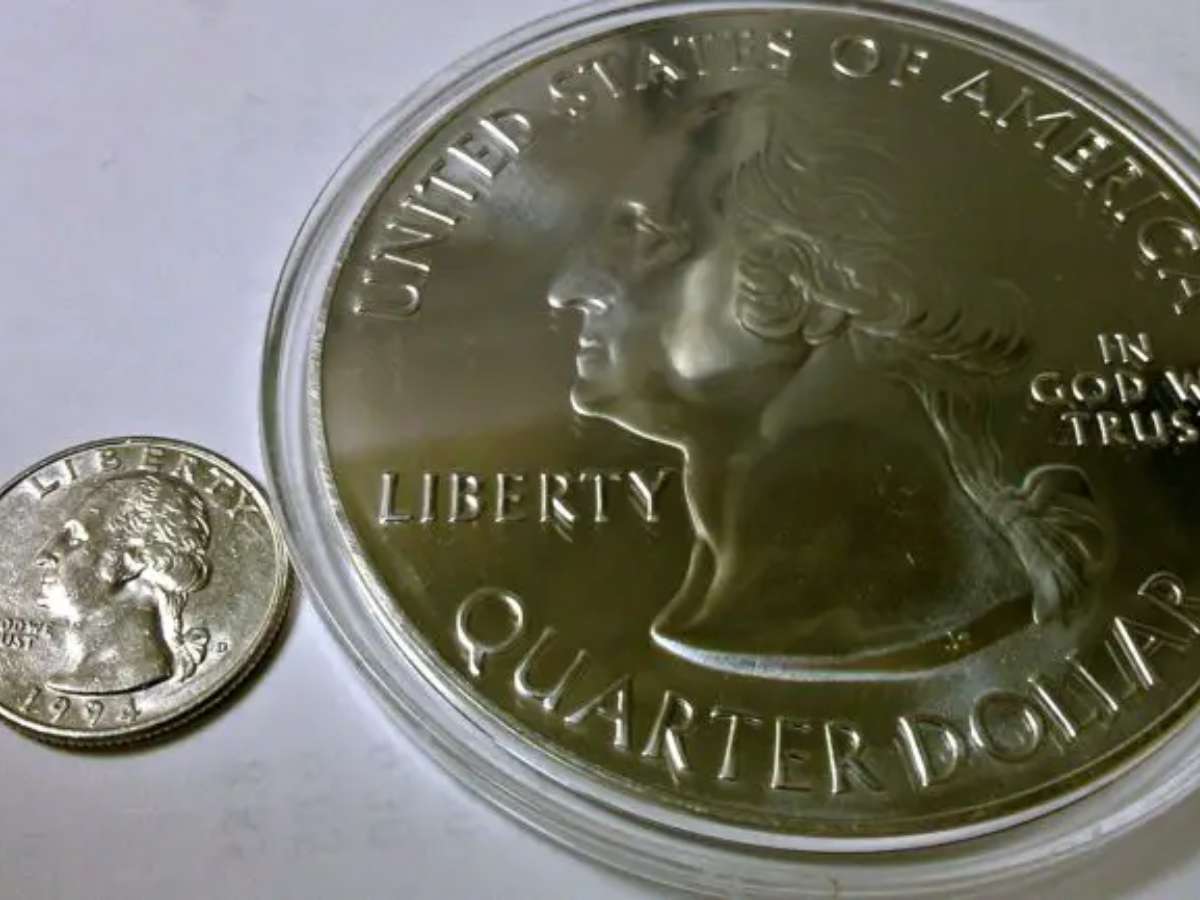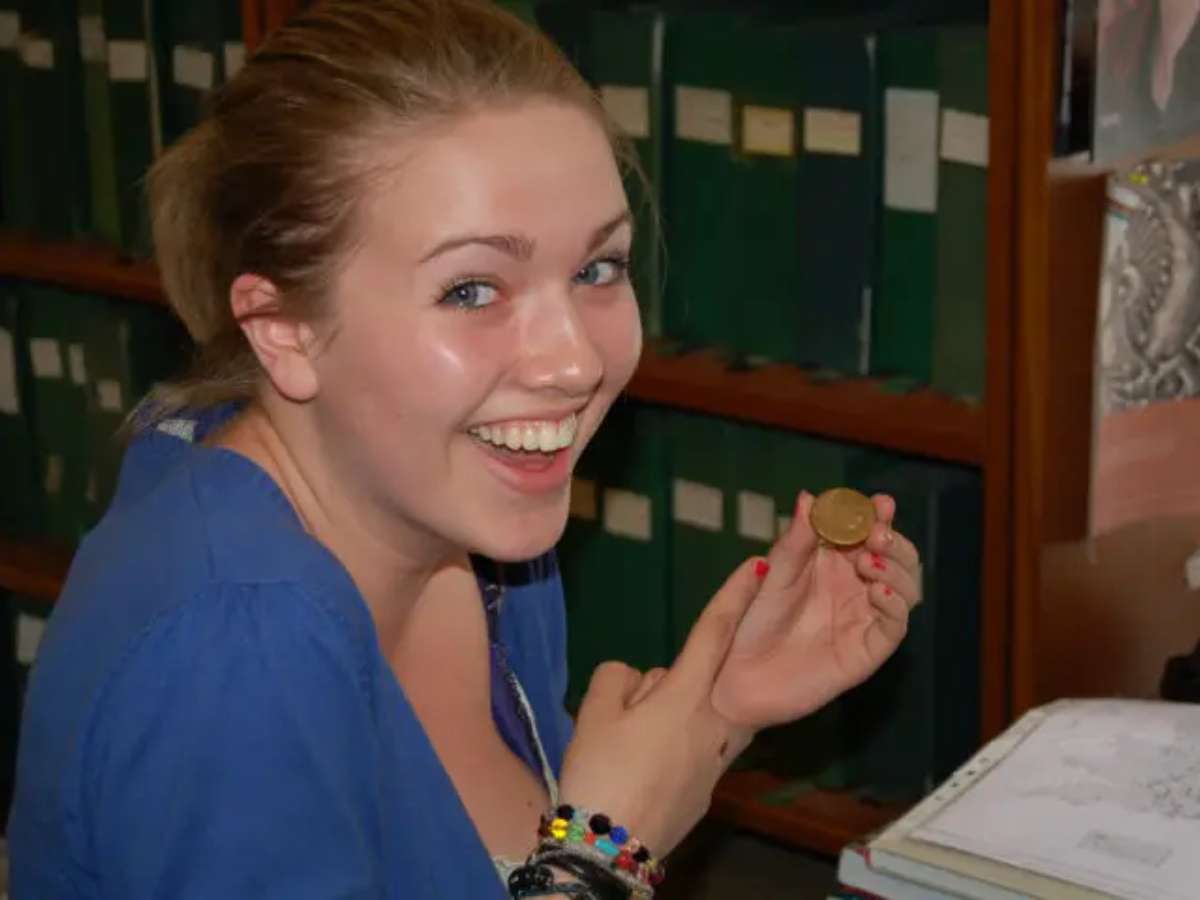Wondering when you should sell coins in your collection? It’s a good question, and there are some things you should think about before listing your coins for sale.
But selling coins is not a science. Or is it? What do you think… is there a best time to sell your coins?
Coin collectors typically sell their coins simply whenever it’s most convenient for them to do so. However, sometimes there may be a situation that makes selling a coin better if done sooner — rather than later.
For example, you might find it is the best time to sell a coin when:
- You need quick cash.
- You want money to buy another coin you really want.
- The investment market may soon lower the value of your coin — so you sell before prices drop.
- You no longer want to collect coins.
- You are visiting a coin show and won’t have another chance like this to sell coins for awhile.
Those a few of the things that typically factor into deciding when is the best time to sell a coin — or an entire collection of coins.
As you’ll see after reading this article, there are some really great times to sell coins, as well as times when maybe you should wait…
When Most People Sell Coins
Sometimes, a collector will sell their coins because they want to collect another type of coin and need to sell something to generate the hobby income. In these cases, you probably wouldn’t feel too badly about selling the coin and later learning the coin is worth more. After all, you no longer had an interest in keeping that coin because you needed the money to collect something else you prefer even more — so, no harm, no foul.
Many coin collectors approach buying and selling coins like they would trading stocks… “buy low, sell high.” In other words, you buy a coin when you think it’s a good deal, and then you sell that coin later on when the price is rising. However, it’s generally pretty risky to look at coins this way. Unless you’re dealing with bullion coins (which generally follow the prevailing commodities market conditions), collectible coins normally have much longer up and down periods — with more nuanced cycles that take many years to see through. It might even take decades for a coin to go up in value, if at all!
What Makes Coin Prices Rise And Fall
In some circumstances, the value of a coin will fall over time — if the collector base that’s interested in that particular issue or series wanes. For example, many coins (such as super-high-grade Walking Liberty half dollars and Morgan silver dollars) hit their peaks during an historic market boom in the late 1980s, probably never to reach those same prices in the lifetime of any person currently living in the early 21st century.
On the other hand… you could get very lucky and happen to buy into a scarce coin series at at time when it’s not very popular (and, therefore, relatively affordable). Then, maybe a year or two down the line, that once-unpopular coin series is featured in a new coin book or in a coin magazine article, or goes viral in an online blog post or YouTube video — and cha-CHING! Suddenly, hundreds (or even thousands) of new collectors jump on the bandwagon and push the values of those scarce coins into the stratosphere — because now, all of a sudden, demand outpaces supply. (It happens from time to time.) This is one of the very few unlikely, but actually plausible, scenarios in which you may find yourself wanting to sell your coins only months or a couple years after buying them.
The only other non-bullion-related case I can think of where you might want to turn around and sell a newly purchased coin right away is if there’s a popular new coin being released by the US Mint. Everyone wants one, and there’s an order limit – maybe 1 per household, or only 1 per order. In cases like this, the US Mint will sell out within a day or two — maybe within minutes. At times like this, you may not want to wait long to sell such a coin – not more than a couple weeks. Here’s why… After awhile, as more and more people sell their coins to dealers, the secondary market supply goes up, and in most cases the demand for the coin will start to dwindle downward. When it comes to flipping any hot, new US Mint coins, you need to strike while the iron is hot… or you’ll probably strike out.
 A similar situation happened with the 2016 Liberty Centennial Mercury dime. The US Mint ran out of initial supplies in less than 1 hour of releasing the coin to the public. In such scenarios, if you happen to be one of the lucky folks who jumps right in and can order that single specimen available before inventory is exhausted, you’ll probably be able to turn around and sell it on eBay or directly to a coin dealer for twice — maybe even 3 times — what you paid for it! Why? Because demand is hot, and dealers (and other collectors who didn’t order in time before the sellout occurred) want your coin.
A similar situation happened with the 2016 Liberty Centennial Mercury dime. The US Mint ran out of initial supplies in less than 1 hour of releasing the coin to the public. In such scenarios, if you happen to be one of the lucky folks who jumps right in and can order that single specimen available before inventory is exhausted, you’ll probably be able to turn around and sell it on eBay or directly to a coin dealer for twice — maybe even 3 times — what you paid for it! Why? Because demand is hot, and dealers (and other collectors who didn’t order in time before the sellout occurred) want your coin.
The Best Time To Sell Bullion Coins
The best advice I can give any collector or investor when buying or selling coins is to keep a close eye on market trends, and be sure that you are ready to act quickly.
The silver bullion market and gold bullion market rose to a high early in 1980 and then dropped literally overnight. A generation later, around 2011 and 2012, bullion prices again hit a huge peak — only to bottom out in 2014 and 2015.
Bullion is never guaranteed to go up, up, up from its occasional, headline-making highs. Don’t let anyone convince you that gold or silver is a “sure investment.” It’s not. It’s wiser to look at bullion as a type of insurance against bad economic conditions. Bullion is usually not the gleaming vehicle toward realizing a get-rich-quick dream.
Yes, it will probably increase in value over time — even with the few significant dips in price, gold and silver are still, on average, worth more now than they were in the 1960s, 1970s, throughout much of 1980s, and at any point in the 1990s (even accounting for inflation). But gold and silver took a huge tumble in the early 1980s and mid 2010s, and their prices (adjusted for inflation) are not higher now than during either of those 2 extremely active boom periods. The same thing happened to high-grade Morgan dollars in 1989 — prices spiked then dropped.
What does that mean for you in terms of selling bullion coins? If you’ve got something that’s hot and you want to make money on it, sell it while the going is good. Don’t be greedy by holding out forever in hopes of the next-highest dollar figure — because luck may not be on your side. If bullion only flirts with that number you’re hoping to see, but does not break past it and suddenly tumbles, then you may have just missed out on a truly “golden” opportunity!
A Lesson Learned From Bitcoin…
Let’s take a lesson from the Bitcoin book for a moment.
How many people do you think bought Bitcoin at $5,000, $10,000, or $15,000 — waiting for it to hit $20,000?
Bitcoin hit $19,783.06 in December 2018 before falling to a fraction of that price within days!
Always remember that the overall state of the economy can have a noticeable impact on the value of your coins.
Just as the economy affects bullion coins, it can have an adverse – or, conversely, positive – influence on collectible coins. For example:
- When the economy was doing well in the late 1990s and early 2000s, prices on collectible coins generally did well.
- Then came the Great Recession. People lost homes. People lost jobs. Many coin collectors sold their most prized coins to buy food or pay the rent. A flood of rare coins hit the market, and with fewer people able to afford buying them… supply increased, demand decreased, and rare coin prices went down.
In the late 2010s, the coin market seems to be picking up again, and prices on many rare coins appear to be heading upward. But what happens if another recession hits? Or, what if America sees an increase in manufacturing and green energy jobs?
The Bottom Line
So… as you can now see, there’s no perfect answer to the question, “When is the right time to sell coins?”
It may be now. It may be next year. Or, it may have been yesterday. Nobody has a crystal ball on the future, and there are no easy answers when it comes to deciding when it’s best to sell coins.
Investing in coins is really nothing more than a fancy form of gambling — but a little common sense, a flair for “feeling out” market conditions (for some it’s a gift), and a lot of luck will help to ensure that the next time you sell coins, it’ll be the right time.
Good luck!

